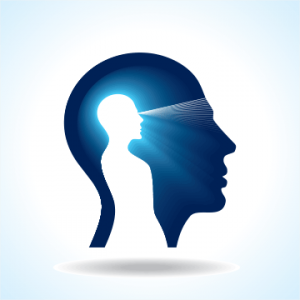 Most people have some experience of hypnosis whether it be from watching Paul McKenna or Derren Brown on TV or from seeing stage hypnosis. In reality we experience hypnosis every day. We daydream, we fantasise, we get lost in our thoughts, we begin to zone out of what’s around us and we abandon logic momentarily. We experience the depth of our unconscious.
Most people have some experience of hypnosis whether it be from watching Paul McKenna or Derren Brown on TV or from seeing stage hypnosis. In reality we experience hypnosis every day. We daydream, we fantasise, we get lost in our thoughts, we begin to zone out of what’s around us and we abandon logic momentarily. We experience the depth of our unconscious.
Hypnosis is described in numerous ways from being a heightened sense of awareness, a focussed attention or a deep state of relaxation. Not all hypnosis is relaxing but there are common features and symptoms which occur in the experience. Neuroscience is beginning to discover more about hypnosis within the brain, breaking down the mythology.
Our unconscious is a collection of everything we have experienced, felt and learnt in our lives. It’s what drives us. From learning to walk to experiencing our desires and fears, our unconscious works to improve us and protect us. However the unconscious is not always logical and no logic can always help us let go of a feeling or a fear that’s built up over the years.
Hypnosis gives us access to the unconscious, to the limiting beliefs and the emotions we are afraid to feel. We are highly suggestible in this state and are much more open to change. We can see and feel ourselves in a different way and can begin to let down the defensive barriers we build up around us.
In my view, all good hypnotherapy will include psychotherapy at its core and all good psychotherapy will include hypnosis, often indirectly. It’s very difficult to separate the practices and the positive effects of bringing these disciplines together cannot be underestimated. The hardest task of the therapist is to help bring about change within the client. Logic and understanding is not always enough, the client needs to feel the change and hypnotherapy can play a big part in this.
